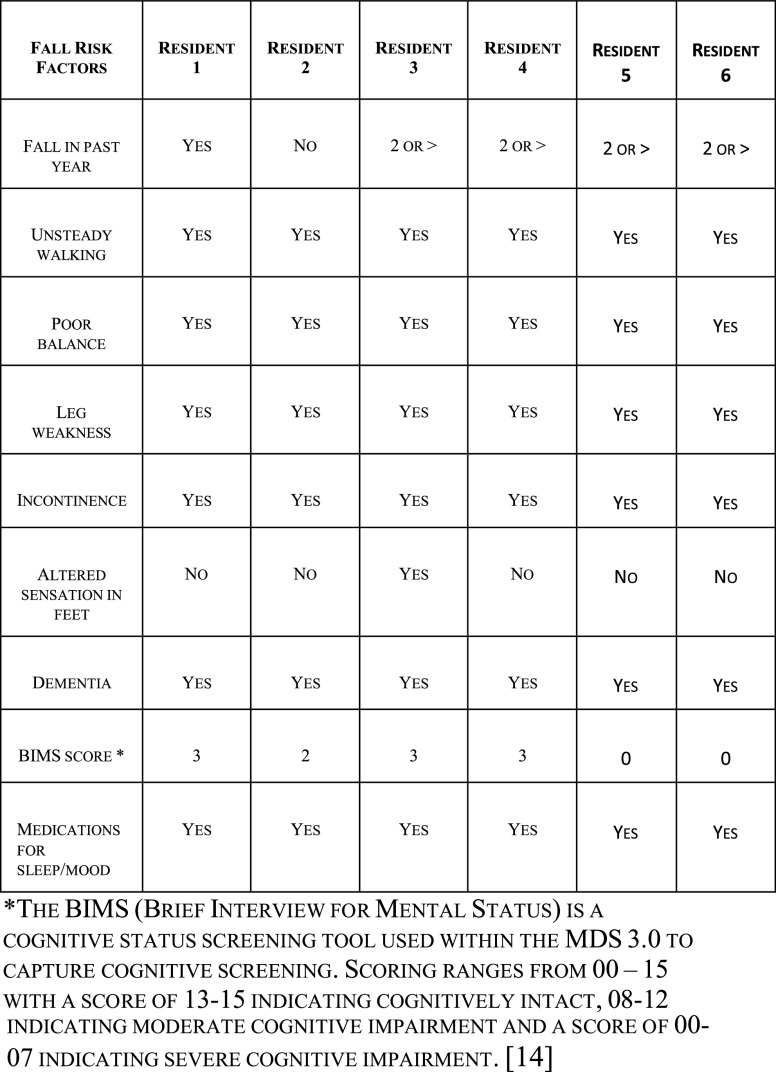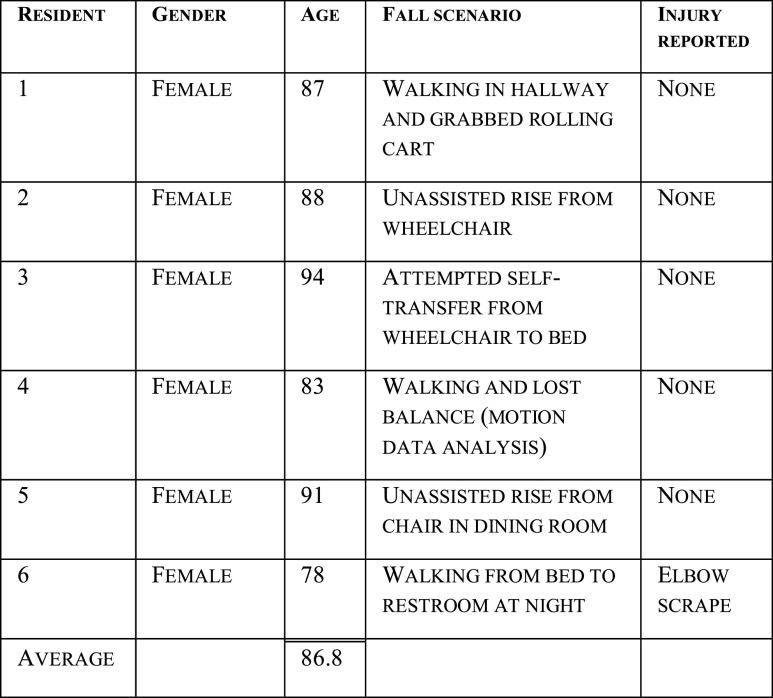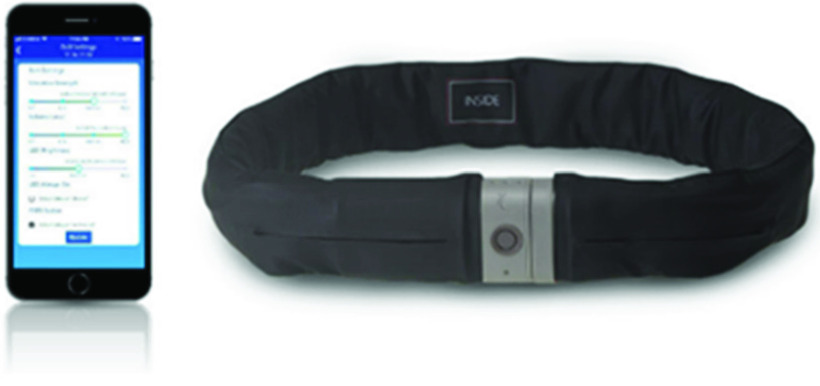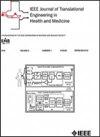可穿戴智能腰带减轻老年护理秋季影响的真实证据
IF 3.7
3区 医学
Q2 ENGINEERING, BIOMEDICAL
IEEE Journal of Translational Engineering in Health and Medicine-Jtehm
Pub Date : 2023-03-15
DOI:10.1109/JTEHM.2023.3256893
引用次数: 0
摘要
结构性抽象跌倒伴严重损伤对老年人来说是一种毁灭性的事件,其后果包括虚弱、丧失独立性和死亡率增加。随着老年人口的增长,严重受伤的跌倒发生率增加,近年来由于冠状病毒大流行,身体活动能力下降,跌倒发生率进一步上升。美国疾病控制与预防中心通过基于证据的跌倒风险筛查、评估和干预倡议(STEADI:停止老年人事故和死亡倡议)提供了减少跌倒造成的重大伤害的护理标准,并将其纳入全国各地住宅和机构的初级护理模式中。尽管这种做法的推广已经成功,但最近的研究表明,跌倒造成的严重伤害并没有减少。改编自其他行业的新兴技术为有跌倒和严重跌倒风险的老年人提供了辅助干预。在一家长期护理机构中评估了一种可穿戴智能安全带形式的技术,该技术可以自动展开安全气囊,以减少严重影响臀部的跌倒情况下对臀部区域的冲击力。在一系列真实世界的病例中对设备性能进行了检查,这些患者在长期护理环境中被确定为严重跌倒损伤的高危人群。在近2年的时间里,35名居民佩戴了智能安全带,发生了6起因安全气囊展开而摔倒的事件,同时整体摔倒次数减少,严重受伤率降低。本文章由计算机程序翻译,如有差异,请以英文原文为准。



Real World Evidence of Wearable Smartbelt for Mitigation of Fall Impact in Older Adult Care
Structured Abstract Falls with major injuries are a devastating occurrence for an older adult with outcomes inclusive of debility, loss of independence and increased mortality. The incidence of falls with major injuries has increased with the growth of the older adult population, and has further risen as a result of reduced physical mobility in recent years due to the Coronavirus pandemic. The standard of care in the effort to reduce major injuries from falling is provided by the CDC through an evidence-based fall risk screening, assessment and intervention initiative (STEADI: Stopping Elderly Accidents and Death Initiative) and is embedded into primary care models throughout residential and institutional settings nationwide. Though the dissemination of this practice has been successfully implemented, recent studies have shown that major injuries from falls have not been reduced. Emerging technology adapted from other industries offers adjunctive intervention in the older adult population at risk of falls and major fall injuries. Technology in the form of a wearable smartbelt that offers automatic airbag deployment to reduce impact forces to the hip region in serious hip-impacting fall scenarios was assessed in a long-term care facility. Device performance was examined in a real-world case series of residents who were identified as being at high-risk of major fall injuries within a long-term care setting. In a timeframe of almost 2 years, 35 residents wore the smartbelt, and 6 falls with airbag deployment occurred with a concomitant reduction in the overall falls with major injury rate.
求助全文
通过发布文献求助,成功后即可免费获取论文全文。
去求助
来源期刊

IEEE Journal of Translational Engineering in Health and Medicine-Jtehm
Engineering-Biomedical Engineering
CiteScore
7.40
自引率
2.90%
发文量
65
审稿时长
27 weeks
期刊介绍:
The IEEE Journal of Translational Engineering in Health and Medicine is an open access product that bridges the engineering and clinical worlds, focusing on detailed descriptions of advanced technical solutions to a clinical need along with clinical results and healthcare relevance. The journal provides a platform for state-of-the-art technology directions in the interdisciplinary field of biomedical engineering, embracing engineering, life sciences and medicine. A unique aspect of the journal is its ability to foster a collaboration between physicians and engineers for presenting broad and compelling real world technological and engineering solutions that can be implemented in the interest of improving quality of patient care and treatment outcomes, thereby reducing costs and improving efficiency. The journal provides an active forum for clinical research and relevant state-of the-art technology for members of all the IEEE societies that have an interest in biomedical engineering as well as reaching out directly to physicians and the medical community through the American Medical Association (AMA) and other clinical societies. The scope of the journal includes, but is not limited, to topics on: Medical devices, healthcare delivery systems, global healthcare initiatives, and ICT based services; Technological relevance to healthcare cost reduction; Technology affecting healthcare management, decision-making, and policy; Advanced technical work that is applied to solving specific clinical needs.
 求助内容:
求助内容: 应助结果提醒方式:
应助结果提醒方式:


